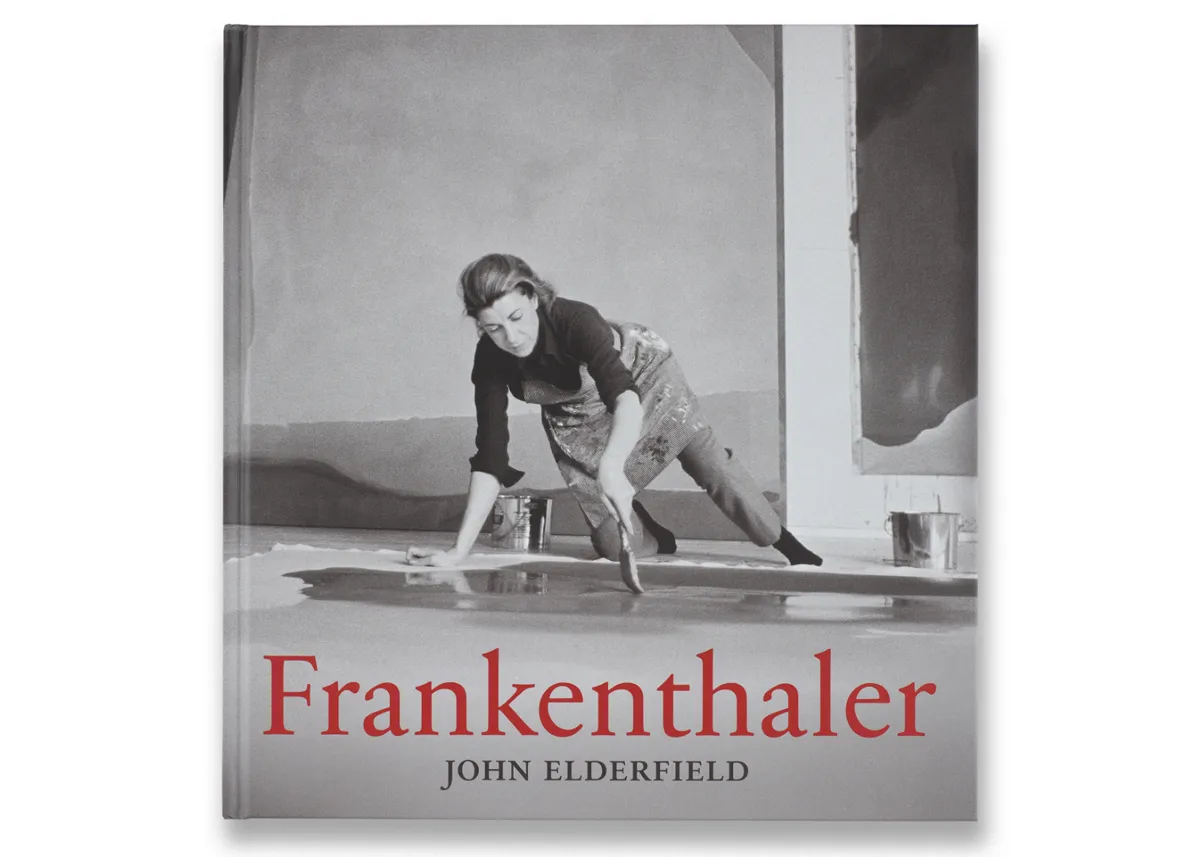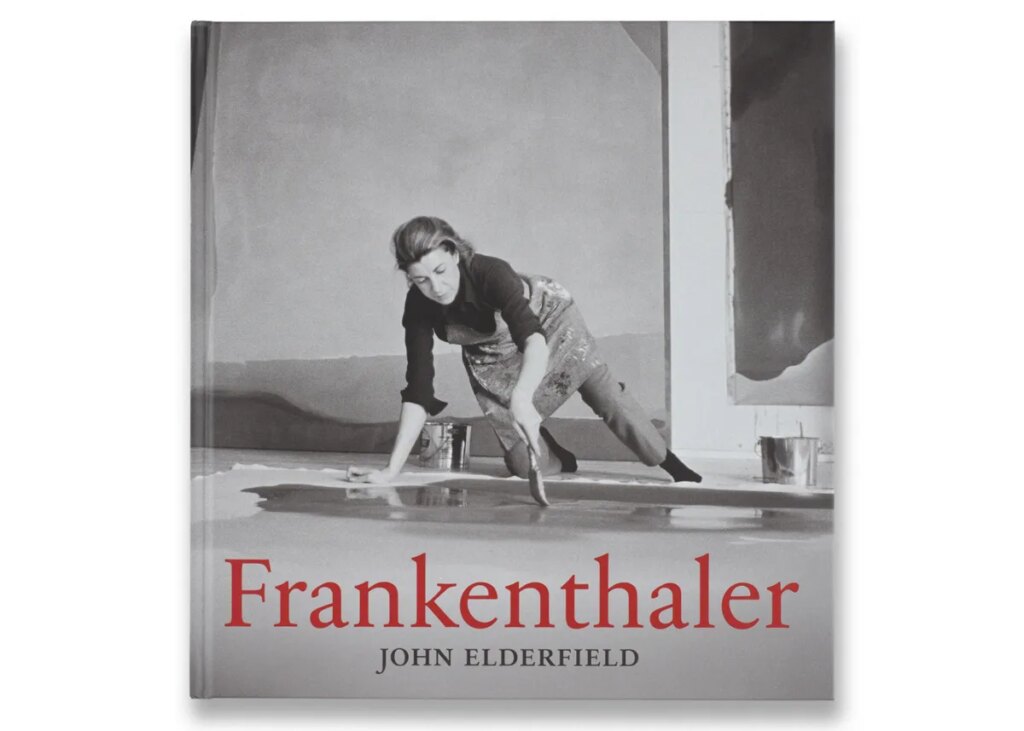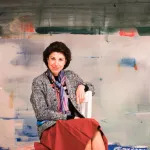
An updated edition of John Elderfield’s Frankenthaler, originally published in 1989 and which many consider to be the definitive monograph on the artist, will be released this month by Gagosian, in collaboration with Helen Frankenthaler Foundation.
The revised version covers the entirety of Helen Frankenthaler’s career with freshly added chapters that focus on her late-1950s to early-1960s works and her career from 1988 to 2002, both of which were missing from the original version. Featuring over 300 full-color reproductions, including previously unpublished works, as well as more than 100 documentary photographs and comparative illustrations. the monograph offers comprehensive visual and scholarly insight into Frankenthaler’s career.
Among the more interesting anecdotes included in the new edition is Elderfield’s recollection of how Frankenthaler came into his life, which involved no small amount of chutzpah on the part of the artist. Shortly after the opening of “The Wild Beasts: Fauvism and Its Affinities,” Elderfield’s first exhibition as a curator at the Museum of Modern Art, Frankenthaler left him a note at the museum’s information desk.
“They’re throwing me out,” the note read. “I can’t stay any longer. 9 pm alas. This is a fan note hastily left at the desk to say, your Fauve show is great, inspiring, necessary (underlined four times). Keep going strong.”
When asked how that note sparked a collaboration that ultimately led to the Frankenthaler the monograph, Elderfield said Frankenthaler unabashedly followed up a few days later on the phone asking if he’d gotten her note. After he replied in the affirmative she questioned why he hadn’t yet reached out. “Well, I put my phone number on it,” she said. Elderfield, only slightly flummoxed, said he didn’t call because “in Britain, if somebody says something nice about you, you don’t call back, because it’s like you’re asking them to do it again.”
Frankenthaler’s response? “Well, you obviously haven’t been in New York for very long.”
A week later they were discussing the Fauve exhibition in person and Frankenthaler came prepared. “Helen said she had now read my catalogue,” Elderfield writes in the new preface. “Wonderful, inspiring,” Frankenthaler told him of the publication before saying “and, I was wondering . . . would you like to write a book about me?”
“Helen was always very, very clear about what she wanted,” Elderfield says.
The book that followed was written over the course of a decade and informed by extensive conversations with the artist. The updated edition allows Elderfield to discuss her later career in greater depth, enriched by decades of research and the of eight posthumous Frankenthaler exhibitions he organized at Gagosian.
The new edition’s release is timed to two exhibitions of Frankenthaler’s work set to open later this month in Italy: “Helen Frankenthaler: Painting Without Rules” at the Fondazione Palazzo Strozzi in Florence, which runs from September 27 to January 26, 2025, and “Helen Frankenthaler: Painting on Paper, 1990 – 2002” at Gagosian Rome from September 30 – November 23.


